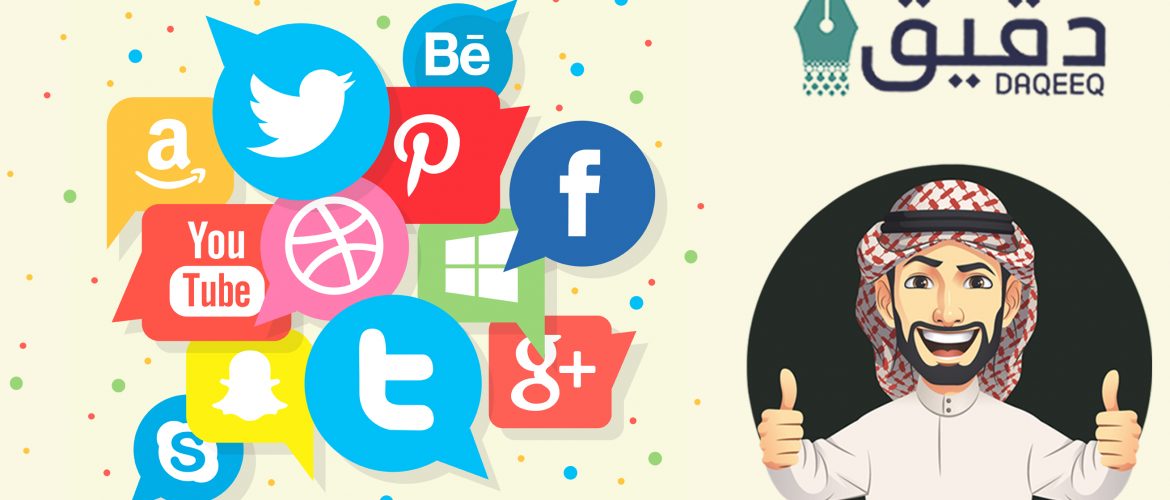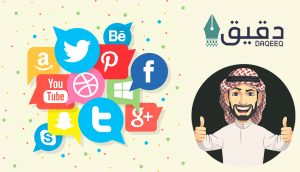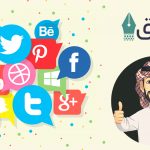Category: Translation Written by: Daqeeq Date: 25 Feb 2021
Daqeeq says…
Social media as platforms to boost proper Arabic learning
In a 2019 study by Risna Rianti Sari and Albar Adetary Hasibuan on students’ attitudes towards Social Media Assisted Language Learning (SMALL) for Arabic Learning (Journal of Arabic Language Teaching, Linguistics, and Literature, 2(2), 101-114), 87.5 % respondents said they used social media for enhancing their skills in Arabic.
The study sample comprised Indonesian college students interested in learning proper classical Arabic (fusha), which is a second language even for Arabic native speakers and could be the third if the individual is bilingual in the first place, meaning that he/she speaks the Arabic dialect of his community and another language, like French in the Arab Maghreb countries, according to Raymond Hickey in his book “The Handbook of Language Contact”, published 2013.
In fact, according to Saleh Al Shair from Al-Fanar Media, “the basis of the poor linguistic skills that hold back students lies in the common mistake of considering classical Arabic as a mother tongue.” Arab students’ weakness in Arabic is unquestionable despite the fact that the mastery of the language is essential in formal education, let alone that Arabic is part of the identity.
Social media can be part of the solution, especially if the way the material presented is interesting and able to attract young people to read the posts or watch the videos created to enhance Arabic skills. According to Sari and Hasibuan, “social media is often used in the dissemination of Arabic content such as Facebook, Instagram and also YouTube”.
Summarizing their study, the two researchers concluded that Social media can be used in improving Arabic language skills, “providing satisfying learning outcomes, making learning more fun and interesting, improving Arabic communication skills, making [students] interact better around learning”.
Equally important is the fact that social media has changed “their perspective on learning Arabic. As digital natives, students can take advantage of technological developments in learning Arabic, so that what is originally traditional Arabic learning can be technology-based learning”. This last conclusion was supported by several other studies that examined the development of positive attitudes towards learning Arabic via social media platforms.
A quick research in social media results in numerous channels and pages dedicated to learning and teaching Arabic. “Ask an Arabic Teacher” is, for example, is dedicated to teaching Arabic for non-Arabic speakers. But even for those whose mother tongue is Arabic, there are dozens of channels that focus on common errors in Arabic and promote the learning of reading, writing, listening and speaking of the language.
Yet more needs to be done, at the institutional level. Social media is a vast playground that facilitates the learning process, placing at the disposal of stakeholders a large set of audiovisual aids, including videos, podcasts, infographs, pictures, and other interactive materials that can change the landscape of Arabic learning.
The UAE has taken groundbreaking initiatives to encourage reading, translation, book writing, and writings for children, among others. What is required now is to build on these endeavors to make learning per Arabic an interesting activity for both children and adults.








No comments yet.